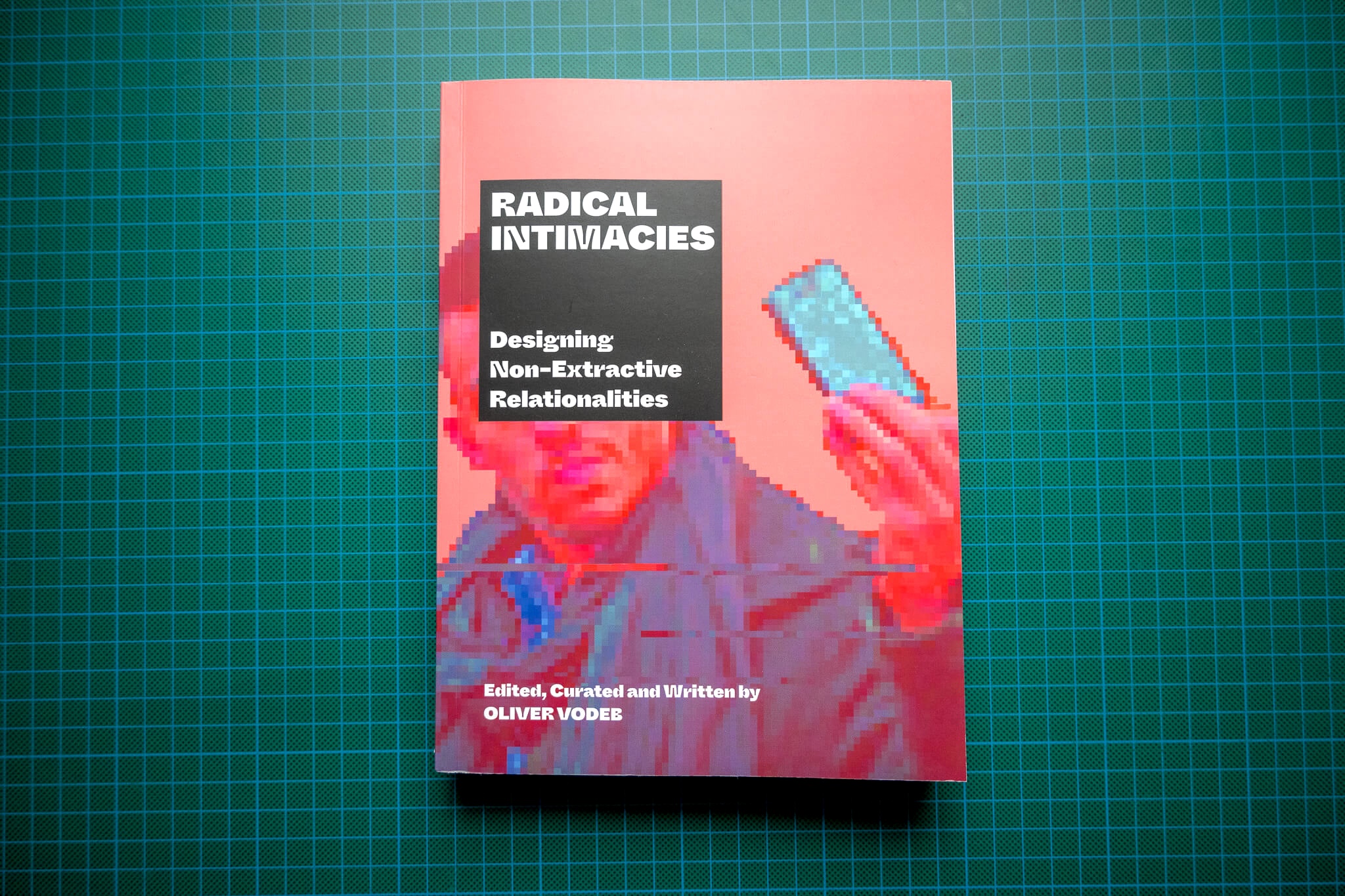Patricio Dávila and Oliver Vodeb: The Potentials of Critical Visualisation
In this episode Chilean and Canadian designer and academic Patricio Dávila and Oliver Vodeb discuss what is "critical visualisation" its potentials and also a special project looking at NATO accountability in the death of refugees in the Mediterranean Sea.
The discussion is inspired by Patricio Dávila’s chapter, which explores Liquid Traces, an essay-style documentary and experimental visualization project that examines NATO’s responsibility in the deaths of African refugees. The project introduces “critical visualization practice,” a method that prioritizes ethical data collection, representation, and sharing to promote social justice. This approach values respect, accuracy, and ongoing collaboration, fostering meaningful connections between researchers, designers, and communities. Inspired by Bruno Latour’s idea of “visualizations in the wild,” the project uses visualizations to clarify complex issues and build relational networks. Liquid Traces advocates for moving beyond exploitative data practices, calling instead for accountable and inclusive ways to create and share visualizations.
If you want to read the whole chapter in Radical Intimacies, Designing Non-Extractive Relationalities, find more about the book: here.

PODCAST CREDITS:
Hosted by: Oliver Vodeb/ Memefest
The podcast is a collaboration between Memefest and Intellect publishers.
Music: Thanks to Bait for their song Property Law.
Two best friends meeting seasonally in bucolic surrounds to generate improvised music. Property Law recognises the Indigenous peoples of the world's relationship to land. As in, "we don't own the land. The land owns us." Each of us is only passing through. Empires, Epochs come & go, but the spirit of the land persists.
